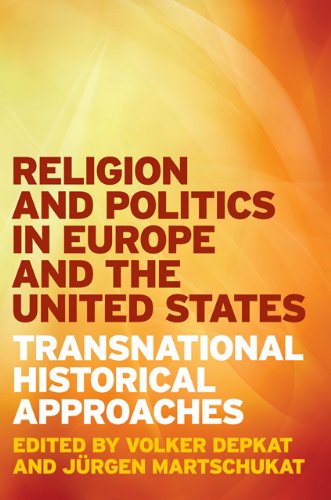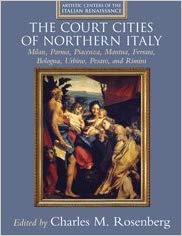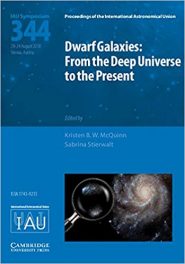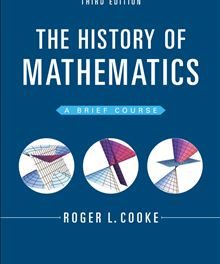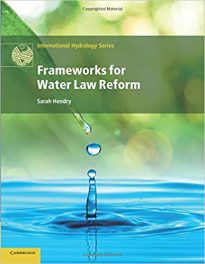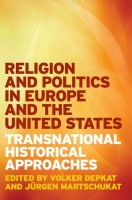 Editors: Volker Depkat and Jergen Martschukat
Editors: Volker Depkat and Jergen Martschukat
Publisher: Johns Hopkins University Press
Book Review by: Paiso Jamakar
This book takes a look at how religion has played various roles in politics in Europe and the United States from the early modern era to today.
Some 15 thinkers – historians, political scientists, and sociologists, from the United States, the United Kingdom, Germany, and Austria – have contributed their points of view on various related topics to this volume, and that material is presented in 14 chapters organized neatly around these main subjects in 5 Parts:
I. State Formation
II. Punishment
III. Science
IV. Identity and Politics
V. Violence and World Affairs
The editors point out that religion took on large significance in international politics right after the September 11, 2001 terrorist attacks. Over the years, much discussion and exchange has occurred on the “why” behind that ignoble event.
On October 22, 2009, upon the invitation of New York University, four of the world’s most influential intellectuals met at Cooper Union (near Ground Zero) in lower Manhattan and had lively debates for four and a half hours. They were: Judith Butler, Jurgen Habermas, Charles Taylor, and Cornel West.
A large global audience – connected through extensive international pres coverage – listened to these thought leaders “rethink secularism” and discuss “the power of religion in the public sphere.”
There have been various viewpoints as to what religion is, from the moment when the word was formed to today. But the editors point out that Frank Lambert’s definition “has never vanished from the modern age.”
Lambert wrote that religion “was a set of beliefs in a transcendent God, grounded in an authoritative sacred text, and expressed by a body of believers through the performance of certain rituals, and adherence to a specific moral code.”
To secularize means essentially to change something (such as art, education, morality, society, etc) so that it is no longer under the control or influence of religion.
Many aspects of the discussion on how religion influences politics are discussed in this book, but the conclusion is that it is difficult to secularize politics, or remove the influence of religion upon politics.
The editors write that “religion is an immensely powerful player in the sphere of the political, precisely with its interaction with so many other forces….furthermore the findings of this book suggest that the processes of secularization are anything but linear, and the continuing struggle between disenchantment and re-enchantment of the world is a constitutive element of modernity itself.”
The contributors of essays for this volume come from both sides of the Atlantic, so the readers get exposed to research both from the United States and Europe, which is a plus point for this unique book.
Volker Depkat is a professor of American Studies at the University of Regensburg located in Regensburg in Bavaria.
Jergen Martschukat is a professor of North American history at the University of Erfurt, a public institution located in Erfurt, Germany. He was a public policy scholar at the Woodrow Wilson International Center for Scholars in 2007.

